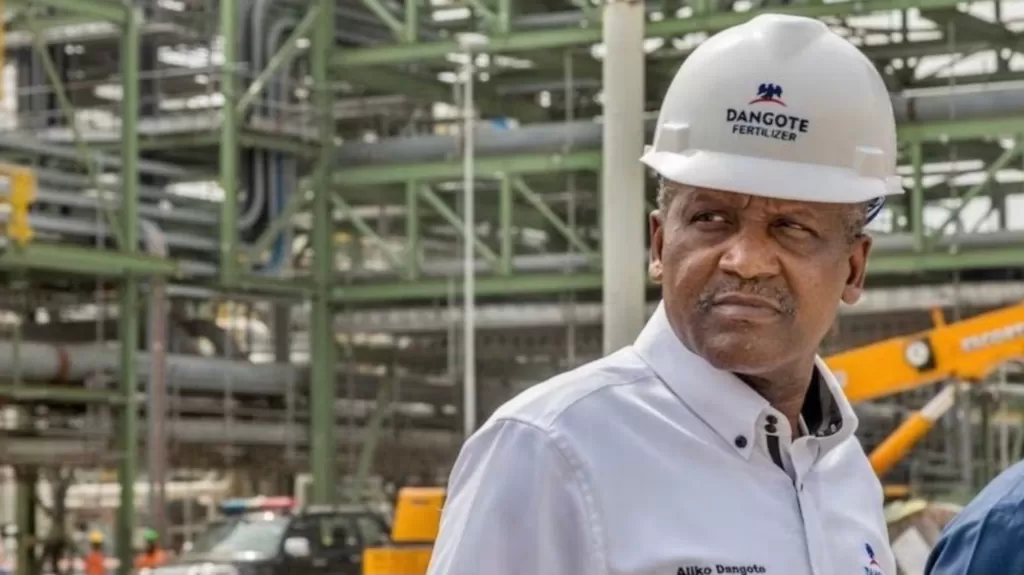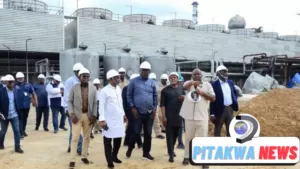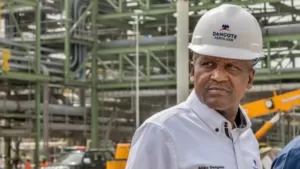Dangote Offers Slash Sales: 2 Million Liters of Petrol Sold at ₦970 Per Liter

In a surprise move, Dangote Refinery has announced a slash sale of 2 million liters of petrol at a discounted price of ₦970 per liter. This development comes after the refinery’s management complained that retailers were ignoring over 500 million liters of fuel from their refinery.
The Sale
According to sources, the sale is part of the refinery’s efforts to clear out its inventory and make room for new production. The 2 million liters of petrol are being sold at a discounted price of ₦970 per liter, which is significantly lower than the current market price.
The Implications
The sale has significant implications for the Nigerian economy. With the high cost of petrol being a major concern for many Nigerians, the discounted price of ₦970 per liter is a welcome relief. The sale is also expected to help reduce the current scarcity of petrol in the country.
Reactions
The sale has been met with mixed reactions from stakeholders. While some have welcomed the discounted price, others have expressed concerns about the sustainability of the sale.
“This is a good development, but we need to be cautious,” said a petroleum expert. “The refinery needs to ensure that it can sustain this price in the long term. Otherwise, it may lead to more problems down the line.”
Analysis
The sale is a significant development in the Nigerian petroleum industry. With the Dangote Refinery being one of the largest refineries in Africa, its decision to offer a discounted price for petrol is expected to have a ripple effect on the market.
However, the sale also raises questions about the sustainability of the price. Can the refinery maintain this price in the long term, or is it just a temporary measure to clear out inventory?
Conclusion
The Dangote Refinery’s decision to offer a slash sale of 2 million liters of petrol at ₦970 per liter is a welcome development for many Nigerians. However, the sustainability of the price remains a concern. As the petroleum industry continues to evolve, it’s essential to monitor developments closely and ensure that the interests of all stakeholders are protected.





